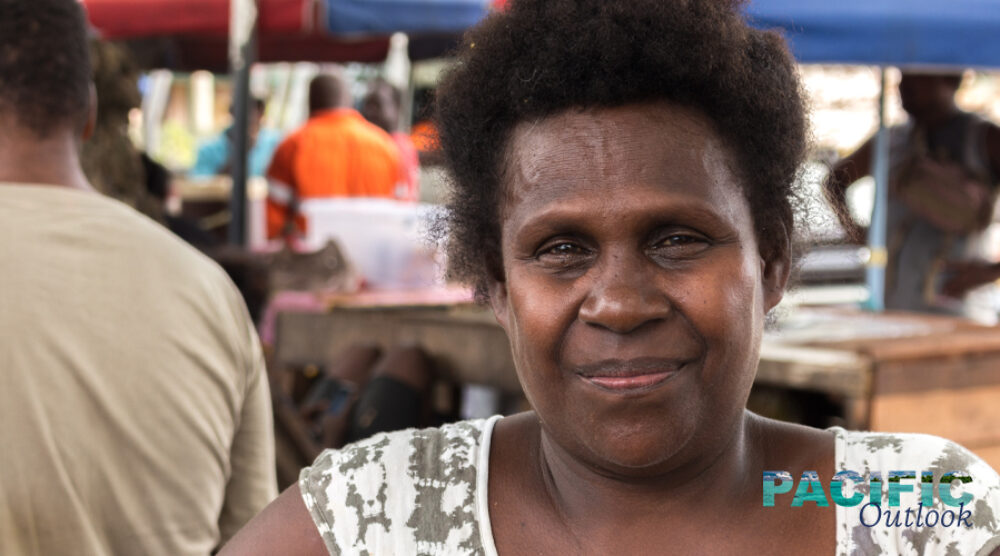COVID-19 has stormed the world by surprise. Its intensity, ferocity, and velocity of cross-border transmission have so far strained global financial systems and inflicted massive anxieties to citizens of both developed and less developed countries.
In this part of the world, Pacific island country (PIC) authorities have responded swiftly to the actual or potential threats of the COVID-19 pandemic by crafting and operationalising a series of containment measures. These measures include quarantine of inbound travelers, aggressive promotion of personal hygiene practices, bold enforcement of social distancing, and swift closure of international borders, among others.
Along with the containment measures, PIC governments have also instituted sizable fiscal stimulus packages amounting to several million dollars. PIC central banks have also chipped in, acting swiftly to support their government’s policy responses by shifting gears to monetary easing and by actively participating in quantitative easing activities—something rarely done before by most PIC central banks. Importantly, these policy responses are aimed at supporting domestic economic activities amidst declining GDP growth, maintaining flows of credit, and minimizing COVID-19 related expenditure pressures on public finances—among others.
But, in terms of messaging, little information has been publicly disseminated on what PIC financial sector regulators and supervisors are doing to maintain financial system stability, one of the core functions of most PIC central banks. So far, most publications centres around the bigger picture—like maintaining macroeconomic stability—but people in rural PICs, most of whom have very basic education, want answers to simple questions like: how can banks help me cope with COVID-19? How safe is my deposit with banks? Will my right to buy foreign currencies from banks or authorised money changers be infringed? If the pandemic continues, will banks close my nearest branch? Should central banks intervene to stop such closure? What can central banks do to stop such closure?
Like all other policy makers, financial sector supervisors in PICs have reason to be concerned about the unknown scale and duration of the COVID-19 pandemic—particularly at a time when most PICs are grappling with finding a common solution to lingering correspondent banking relationship issues. Prior to COVID-19 becoming a global pandemic, some PICs already saw upticks in nonperforming loans in their financial system. Some have even seen tight liquidity while others have seen slippages in capital adequacy positions of their smaller financial institutions. If the COVID-19 pandemic and uncertainties associated with it lingers on, and PIC economies move into recession, PIC financial sector supervisors are likely to see their prudential and other Financial Soundness Indicators (FSI) sprinting towards the red flag.
Before that happens, how should PIC financial sector supervisors respond? What must PIC supervisors do? How should macroprudential policy responses be rolled out? What do weak FSIs imply for PICs’ financial sector?
A weak FSI can imply a lot of things. For PIC economies, a weak FSI has deep implications for financial intermediation. This is because the ability of PIC banks to finance real sector activities—including SMEs and households—might be disrupted. Equally, it might also imply that the ability of PIC banks or similar institutions to supply market participants with foreign currencies, or enable non-bank financial intermediaries to meet their liquidity demands, or enable market participants to effectively manage their counterparty risks, might come under considerable strains. Islanders are caring, peace-loving and law-abiding people but any prolonged strains on financial system can brew frustrations and translate quickly into social disharmony and become a law and order issue.
One strategy to calm the COVID-19 storm in PICs is for PIC financial sector regulators and supervisors to share general information about emerging risks and vulnerabilities observed in their jurisdictions with each other. This is because a lot of challenges small economies encounter have a high degree of commonality. One avenue to disseminate such information is through this Pacific Forum.
Mr Raynold Moveni is the Deputy Governor of the Central Bank of Solomon Islands.
The views in this article are that of the author and do not necessarily reflect the views of the central bank.








